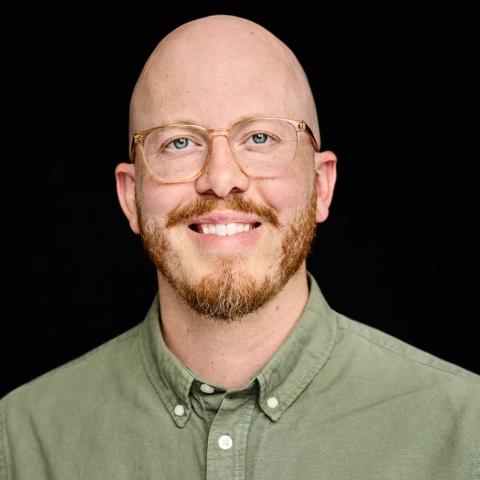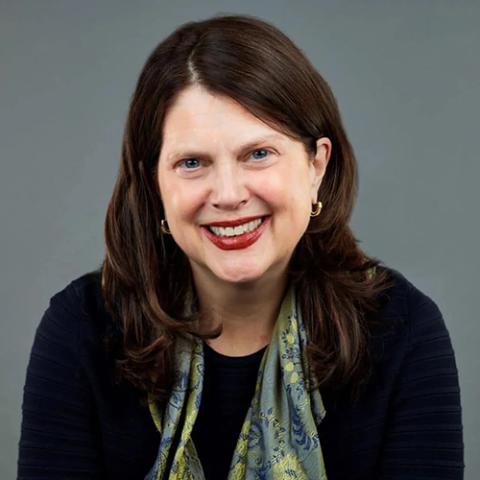At this critical juncture, nonprofits, foundations, and other research-based organizations must shore up funding and other support for the field – especially for the best and brightest scientists and engineers. That’s why Project Drawdown is proud to announce a new Climate Science Serving America Fellowship to support world-class Ph.D.-level scientists and engineers focused on climate science and climate solutions in the public good.
In the first phase of our program, we will offer 2–3 fellowships to early- or mid-career scientists who are based in the United States. If we can secure additional funding, we will offer additional fellowship opportunities later this year.
“It’s never been clearer that those who invest heavily in climate science – and climate solutions, in particular – today will be the global leaders of tomorrow,” Project Drawdown Executive Director Jonathan Foley, Ph.D., says. “I am proud that Project Drawdown can help play a small role in supporting climate science, which in turn pays rich dividends to society – in America and across the world. And I hope that other organizations, especially pioneering philanthropists, will join us in expanding this support.”
Selected fellows will be provided a competitive salary, benefits, and a small annual research stipend. We will be seeking candidates who excel in research, are focused on climate solutions, and work in the broader public interest. Candidates who have shown a deep commitment to scientific integrity, serving the broader public, and science communication are especially welcome.
These fellows will be expected to work outside the “ivory tower” and serve their community, the nation, and the wider world. They will be expected to share their work publicly through books, podcasts, popular articles, op-eds, speaking engagements, public talks, social media, and more. They will also be expected to serve as a public expert. For example, they can be a voice for science in media, communities, and beyond; act as a pro bono advisor to nonprofits, businesses, foundations, and others; advise state and local governments on climate solutions; or provide expert testimony to governments or courtrooms on critical issues related to climate change.
“The possibilities – and the needs – are endless,” Foley says. “We want to help these fellows do good science. And we want to make sure their science does good.”
To learn more about the fellowship program and apply by the April 17 deadline, please visit here.
About Project Drawdown
Project Drawdown is the world’s leading guide to science-based climate solutions. Our mission is to drive meaningful climate action around the world. A 501(c)(3) nonprofit organization, Project Drawdown is funded by individual and institutional donations.





